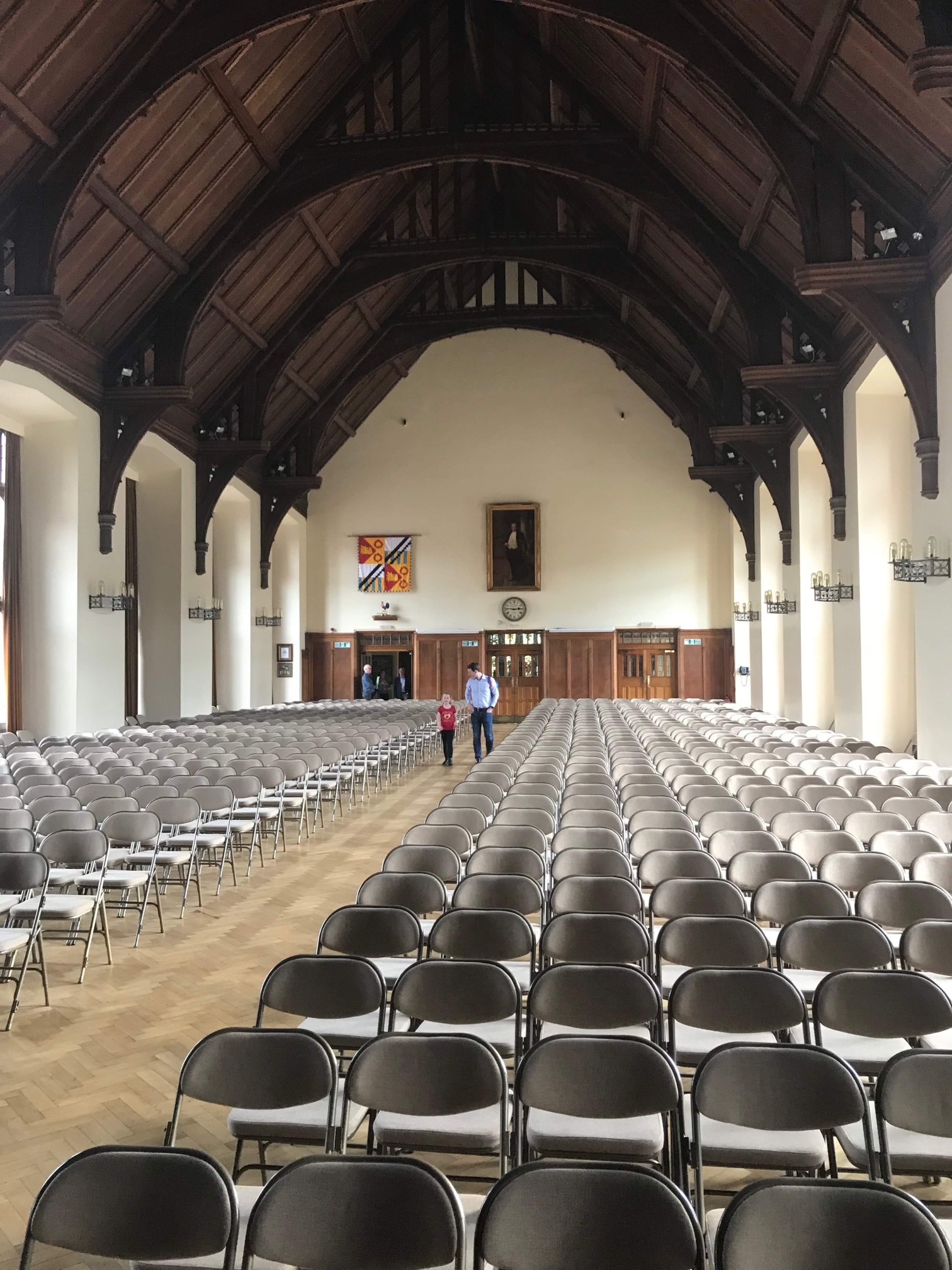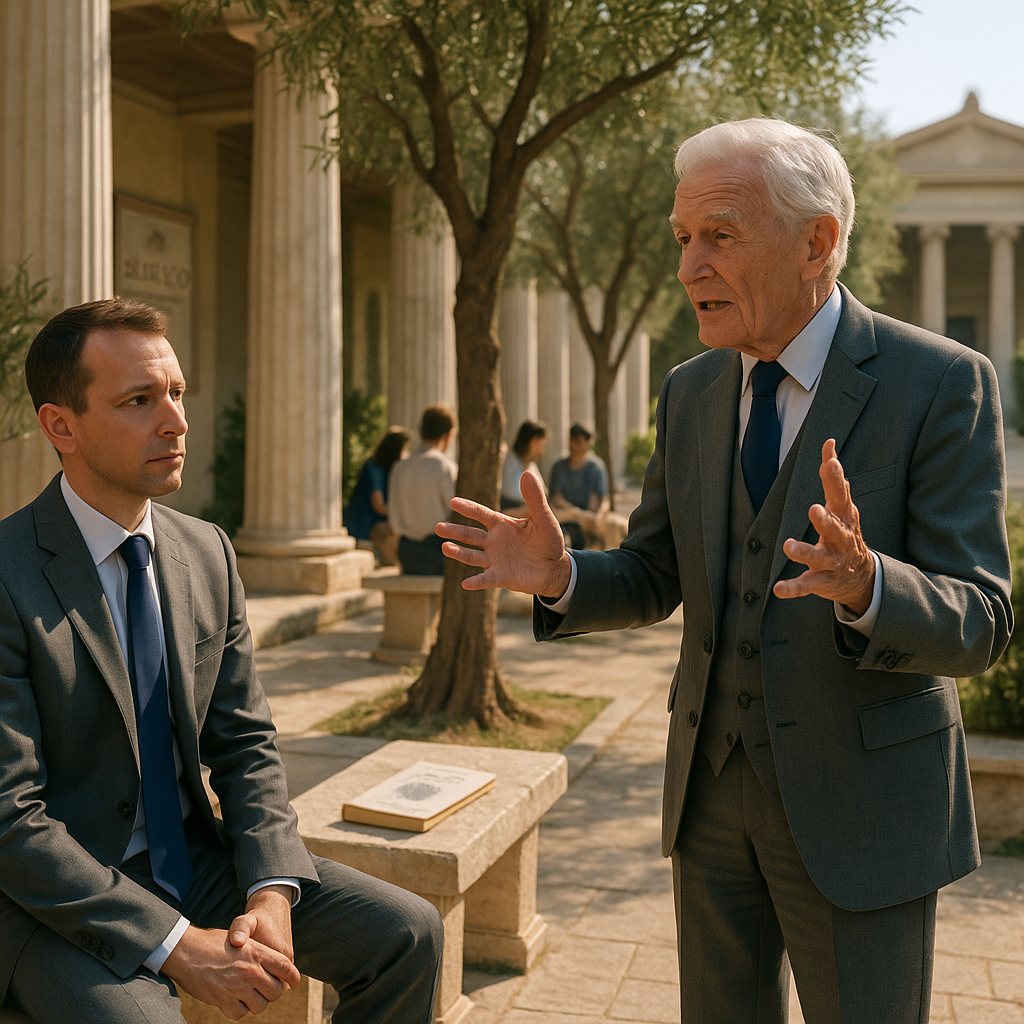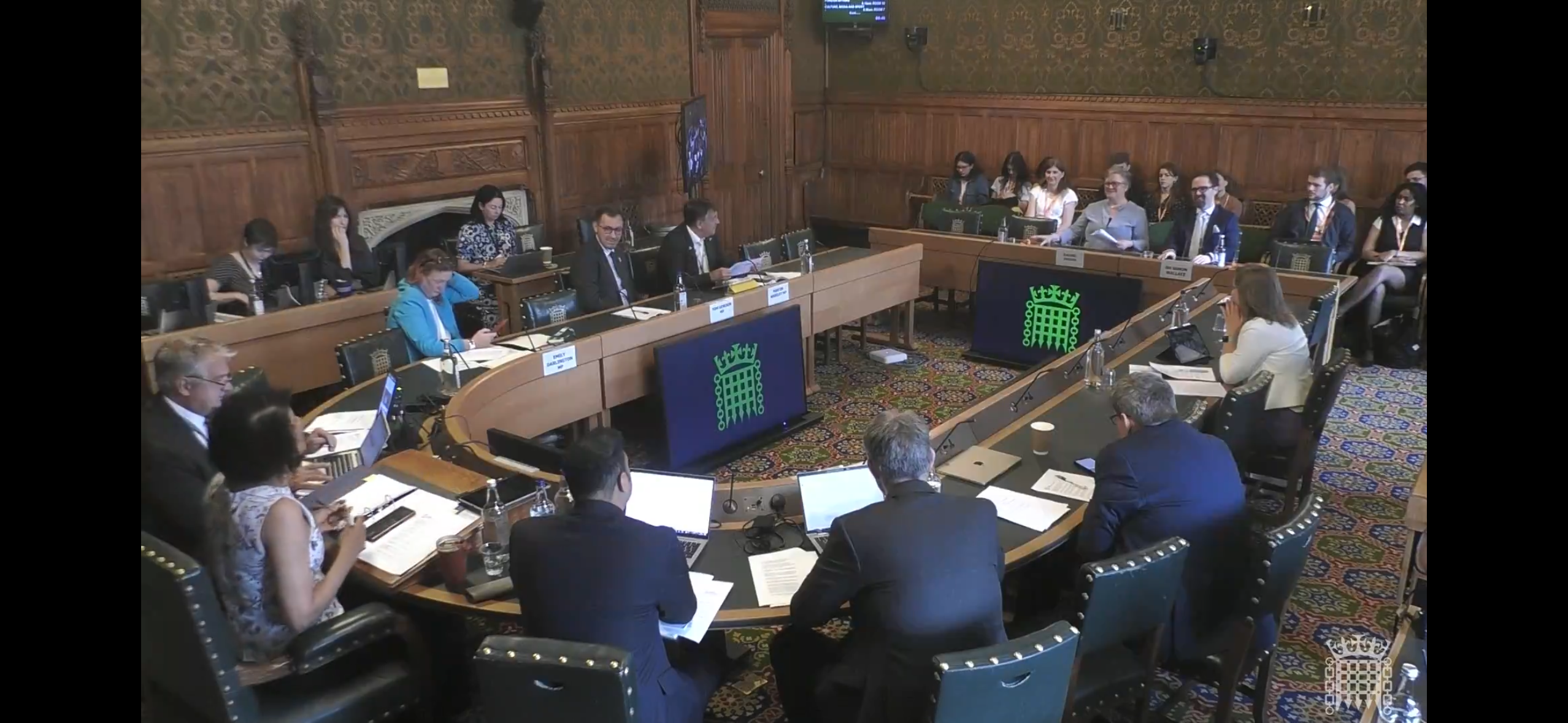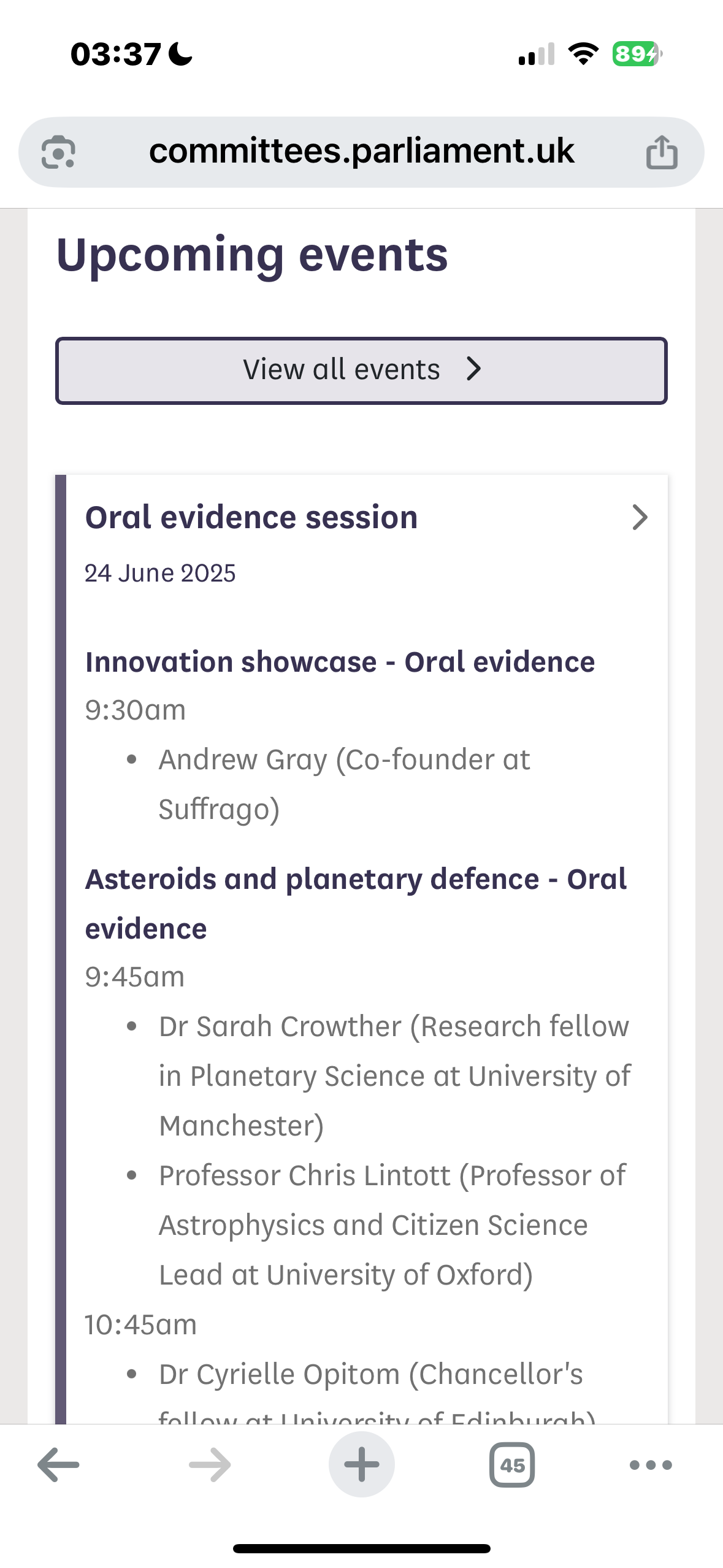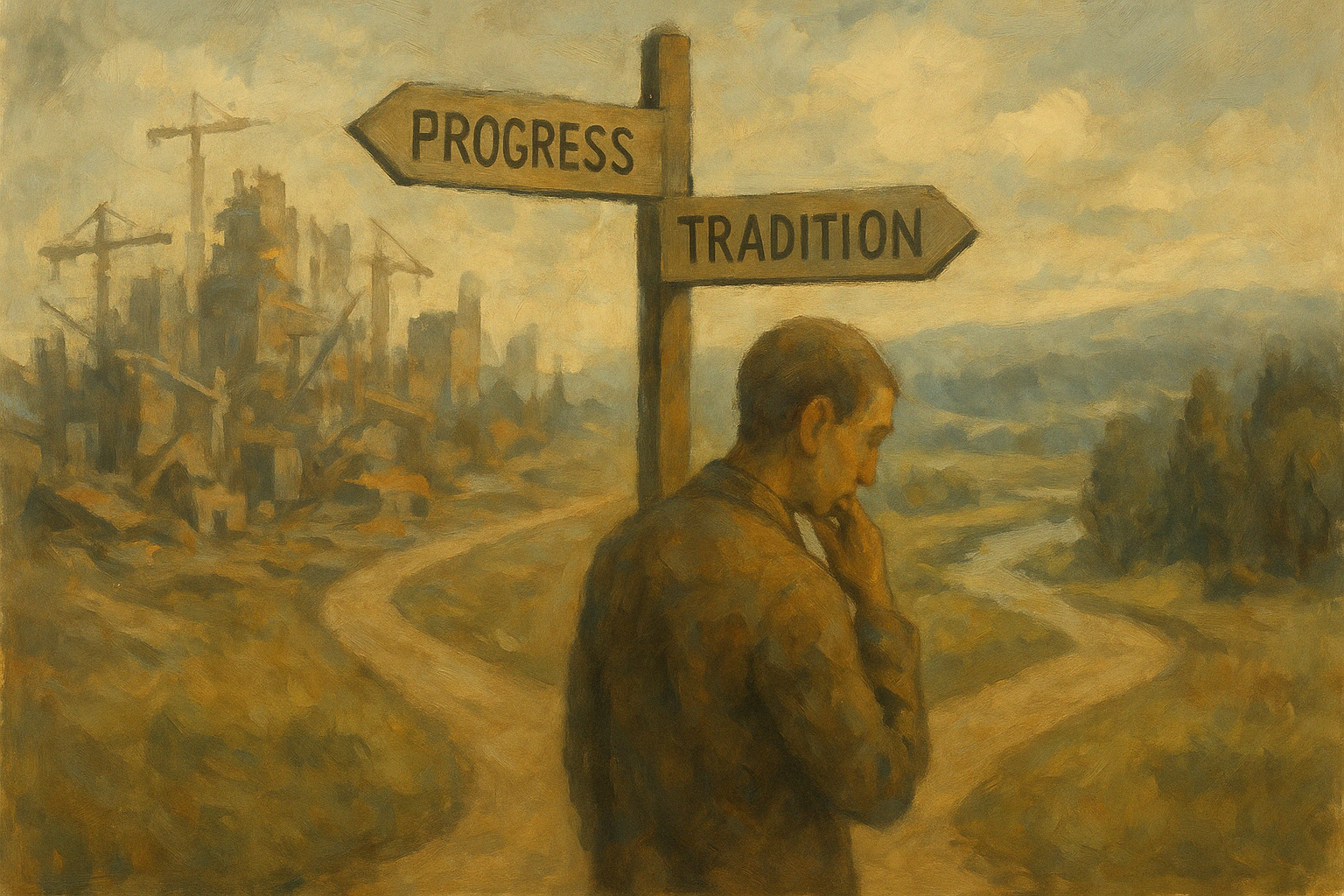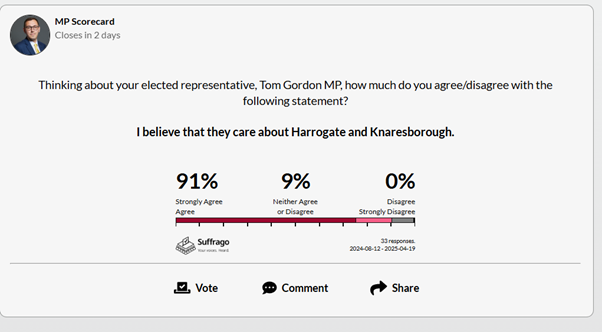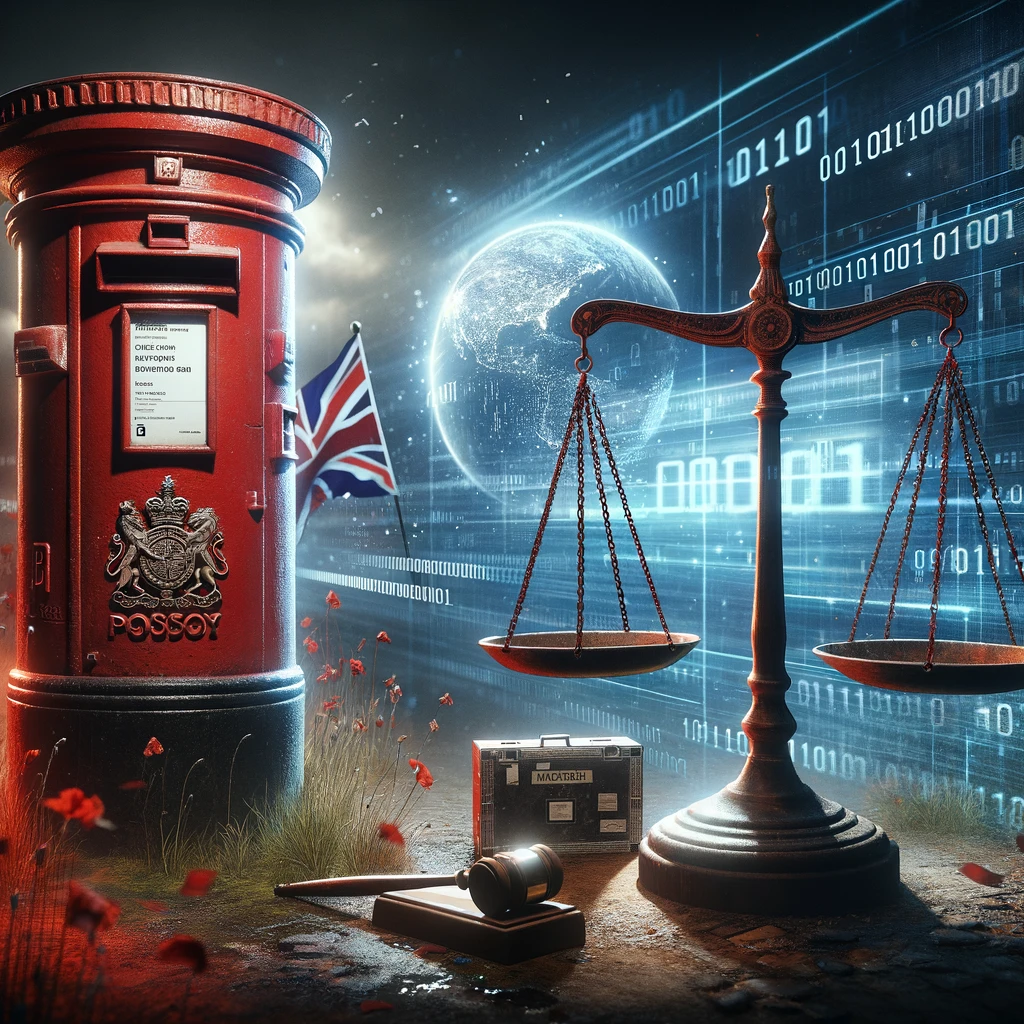Robin Dunbar—the world-renowned anthropologist—figured out that humans are wired to keep social circles of around 150 people. It’s the upper limit of meaningful connections our brains can handle. Yuval Noah Harari, the phenomenal historian who has enriched my understanding of what it is to be human, backs up a similar conclusion.
And when I think about it, the number holds up. Planning my wedding (money no object, hypothetically), I’d have landed on about 150 guests. As a lawyer, I once handled an absurd 210 cases at once—pure chaos. At 150? Manageable. Beyond that? Relationships blur, names get forgotten, and everything becomes transactional.
Updating Dunbar’s Theory
Dunbar’s number works for village life, where you’d know everyone by name. But in reality, not all relationships are equal. Some people are in our inner circle, while others barely register. So, I propose a scaled relationship system, rating each connection out of five:
- Level 1: You know their name. That’s it.
- Level 2: A moderate acquaintance—occasional chats, but nothing deep.
- Level 3: Colleagues, distant relatives, and friends you make an effort to see.
- Level 4: Close friends and family—cousins, mates, the people you confide in.
- Level 5: The inner circle—your best friends and closest family members.
Let’s assume we all have 300 “relationship tokens” to spread across these categories. Some of us go deep, investing in a tight-knit inner circle. Others spread it out over a wider network. Either way, nobody can sustain 150 Level 5 friendships—there aren’t enough hours in the day, nor relationship tokens.
This old system worked fine in small communities. Then came cities. And worse still—the internet.
How the Internet is Atomising Us
Here’s my theory: the creeping loneliness many feel today isn’t because we’ve lost connections—it’s because we’ve got too many. The internet has hijacked our brains into tracking far more relationships than we can handle.
Take Facebook. I rarely log in, but when I do, I see faces from childhood—people I haven’t spoken to in 30 years. They enter my mind, taking up Level 1 slots, even though I’ll never see them again. My brain had already deleted them, but Facebook’s algorithm resurrects them.
Then there’s WhatsApp. Group chats are relentless. Conversations with people I like—but do I need them floating around my head? No. Yet leaving a WhatsApp group is the nuclear option, and being removed from one is worse. So, we stay, half-engaged, our relationship tokens being spread thinner and thinner.
It reminds me of barristers I used to instruct. They’d memorise mountains of papers for a trial, argue persuasively in court, then—within days—forget half of it. That’s how brains work. We delete what’s no longer relevant. But the internet won’t let us.
So yes, social media keeps us connected. But it’s also ruining deep relationships. In my experience, men, in particular—who tend to have more Level 3 friendships but fewer Level 4 and 5 ones—are most vulnerable. The result? Fewer deep friendships, more digital noise, and a creeping sense of isolation.
The Paradox of Online Relationships
I don’t have a solution. I love my Teams, Zoom, and Google Meet calls with brilliant people across the world. I’d love to know most of them better. But I can’t. And in this digital age, it’s easier than ever to ghost people—or be ghosted.
Technology has made relationships broader but shallower. We’re more connected than ever—yet somehow, we’ve never felt more alone.
(Image of my former school – Bolton School – indicating former friends who I shouldn’t be reminded of)
